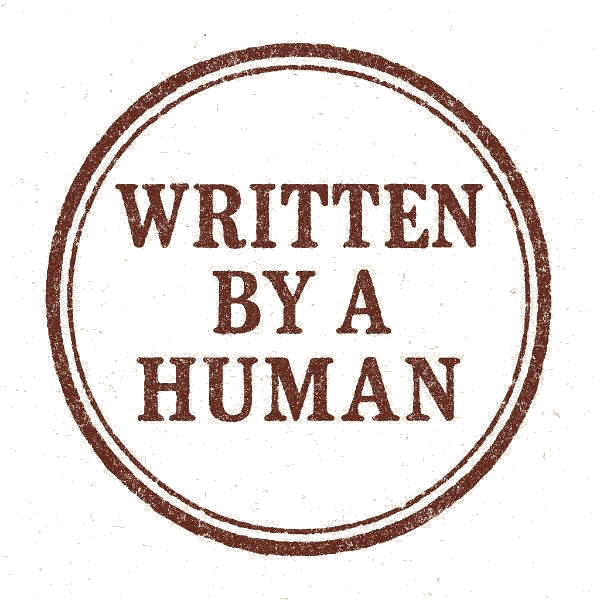Freeing up expertise: how AI knowledge capture builds stronger teams
At Peterborough City Council, therapy practitioner Geraldine Jinks has spent 35 years building an incredible wealth of knowledge in technology-enabled care, helping residents stay independent in their own homes for longer. Geraldine has long been the go-to expert for colleagues seeking practical advice on everything from assistive devices to wellbeing strategies.
But that expertise came with a hidden cost: Geraldine was inundated with questions from colleagues, many routine or repetitive, that interrupted her focus and slowed down her own workload. Staff relied on her so heavily that whenever she was off work, her absence was deeply felt.
To solve this, the council embarked on an ambitious project: to create an AI chatbot named Hey Geraldine that could answer those common questions anytime, day or night. Over three months, Geraldine worked closely with AI consultants and developers to “train” the bot, feeding it her knowledge and crafting responses in her usual chatty and direct style. The goal was to free Geraldine from constant interruptions, allowing her to focus on complex cases that truly require her expertise.
During a six-week trial, Hey Geraldine handled 1,200 conversations, saving over 300 hours of staff time. The chatbot’s ongoing learning means it’s continuously improving and tackling more complex queries, increasing the Occupational Therapy team’s productivity and confidence. The council is now planning to extend access directly to residents, widening this impact.
This story highlights some wonderful things technology can do: saving time, reducing costs, increasing efficiency and removing the need to deal with obvious textbook issues repeatedly. It’s also a brilliant answer to a common challenge organisations face: how to preserve critical knowledge during handovers, retirements or absences.
But it also raises a deeper, important question: if a person is simply the sum of their knowledge and experience, why not just download everyone’s expertise into chatbots and make us all redundant?
Thing is, people are much more than their knowledge. Geraldine’s value doesn’t vanish the moment her expertise is digitised. I don’t know Geraldine, never met her, but I’m willing to bet her worth lies just as much in how she connects with colleagues, applies empathy, exercises judgement and adapts to ever-changing situations. That’s the kind of thing you can’t “train” into a bot — and probably shouldn’t try.
Hey Geraldine works not because it replaces her, but because it frees her from the treadmill of answering the same routine questions, giving her space to focus on complex, human problems and to keep learning herself. It also nudges her colleagues to stretch their own problem-solving muscles instead of defaulting to “ask Geraldine,” which means the whole team grows stronger.
The real win here is resilience: knowledge is no longer locked in one person’s head, but Geraldine’s unique way of applying it is still there when it matters most. That’s the sweet spot, the bot handles the predictable and the human handles the nuanced.
Ultimately, the story of Hey Geraldine is a glimpse at the kind of future we should be aiming for: technology not as a replacement, but as a force multiplier for human expertise, giving us more time for the parts of our work that are messy, unpredictable, and deeply human.

Found this helpful? Share it with your network:
Share on LinkedInWant to build stronger teams?
Contact us to learn more about our bespoke training programmes.
Or follow us on LinkedIn for updates and insights.

